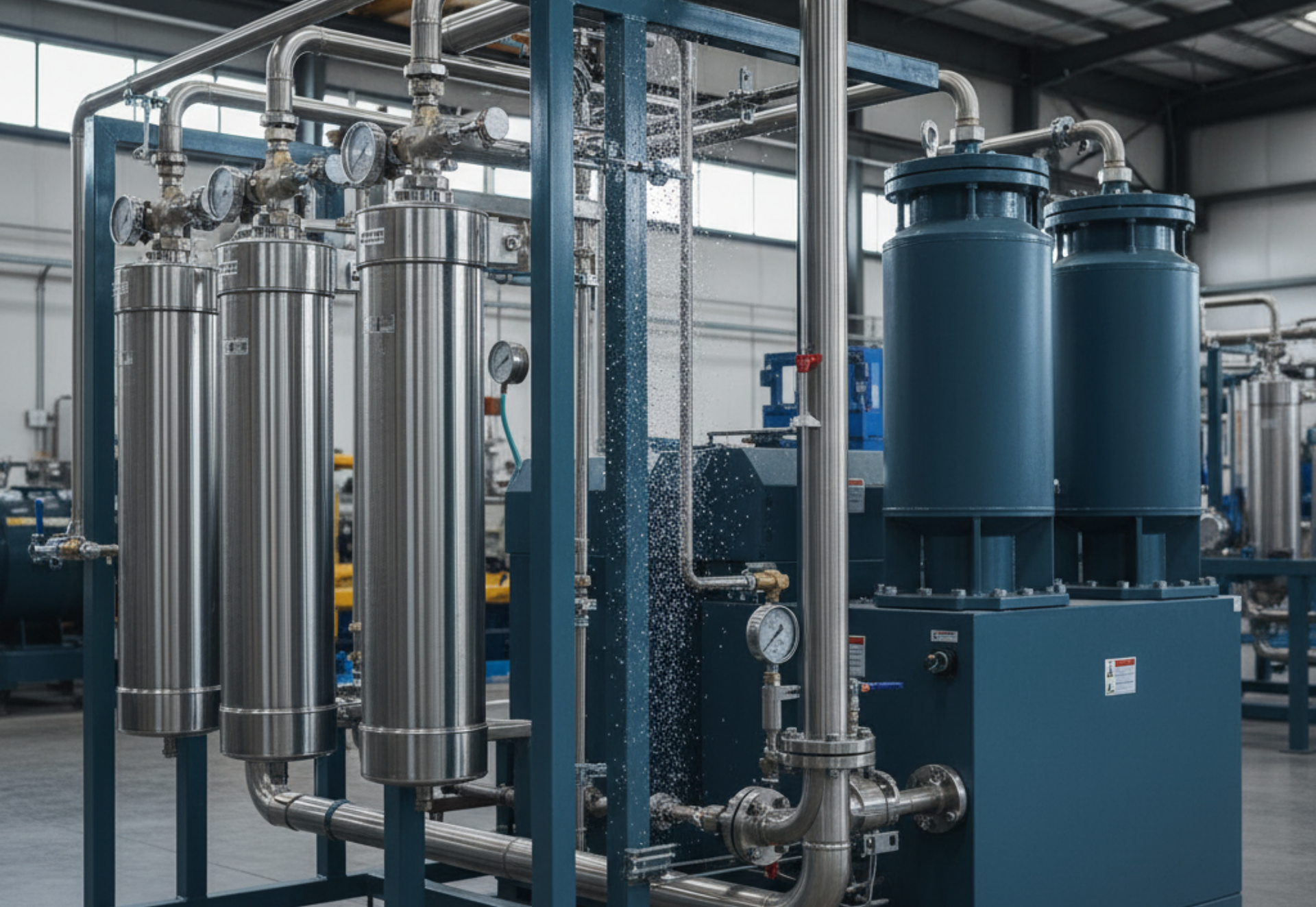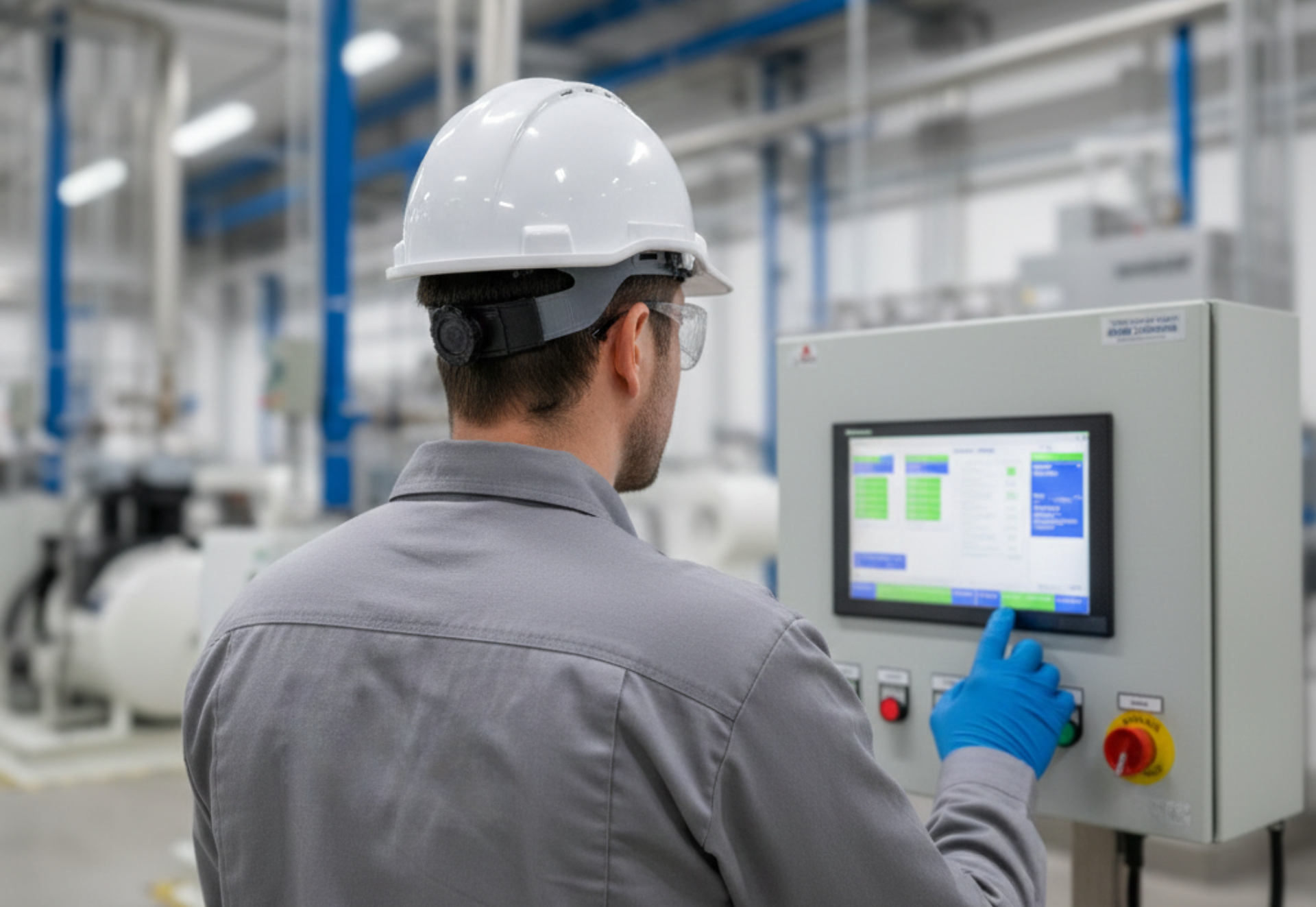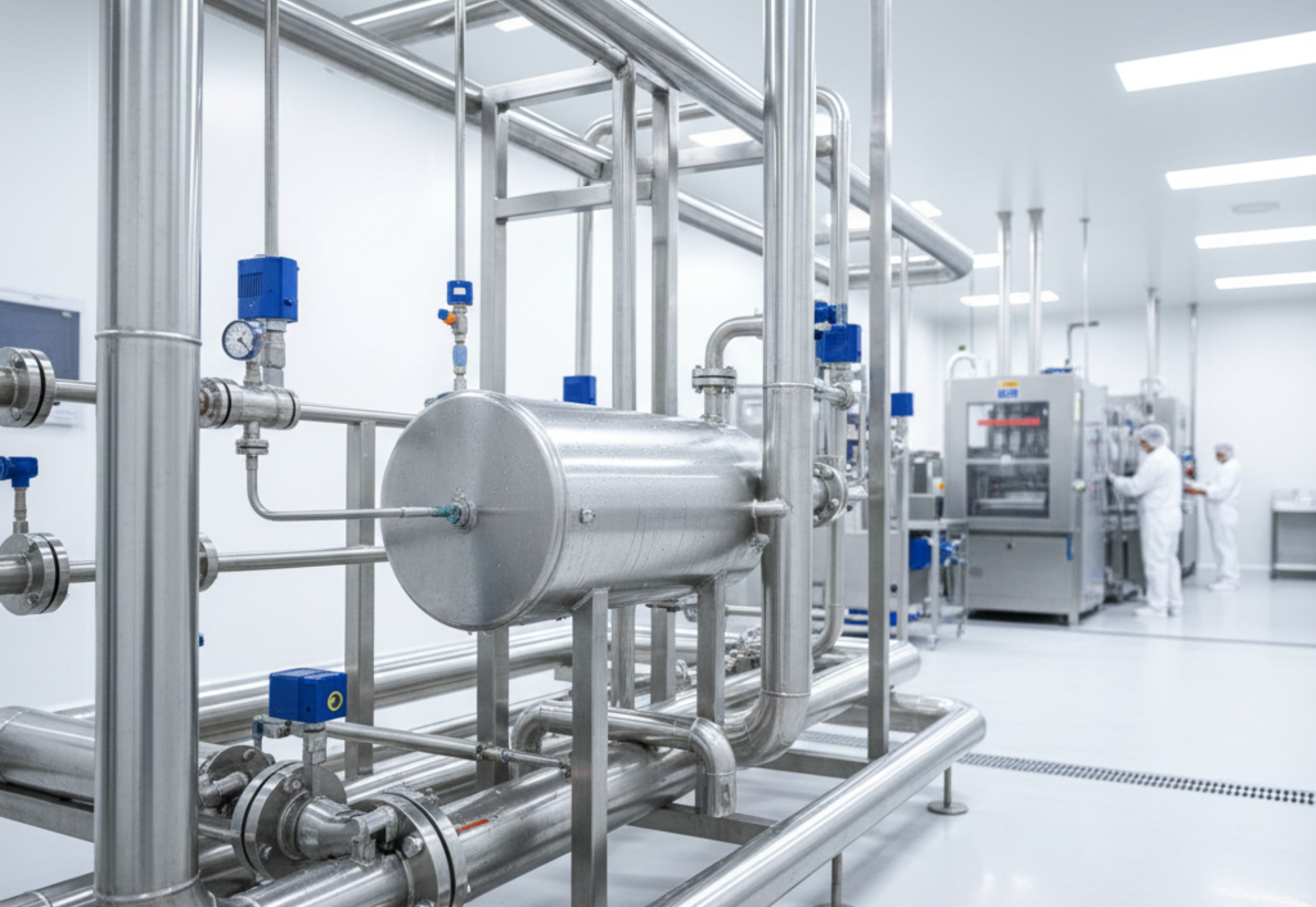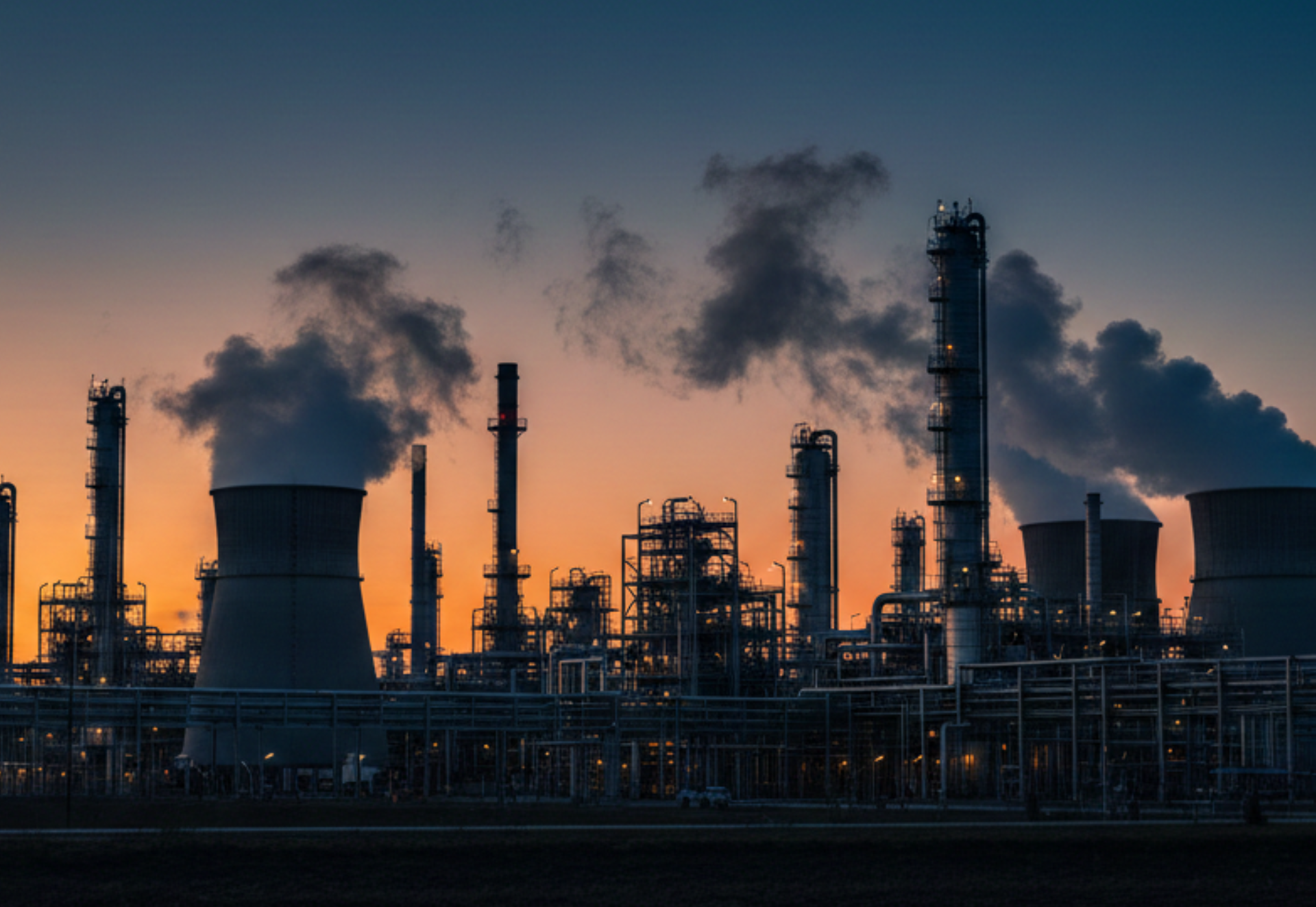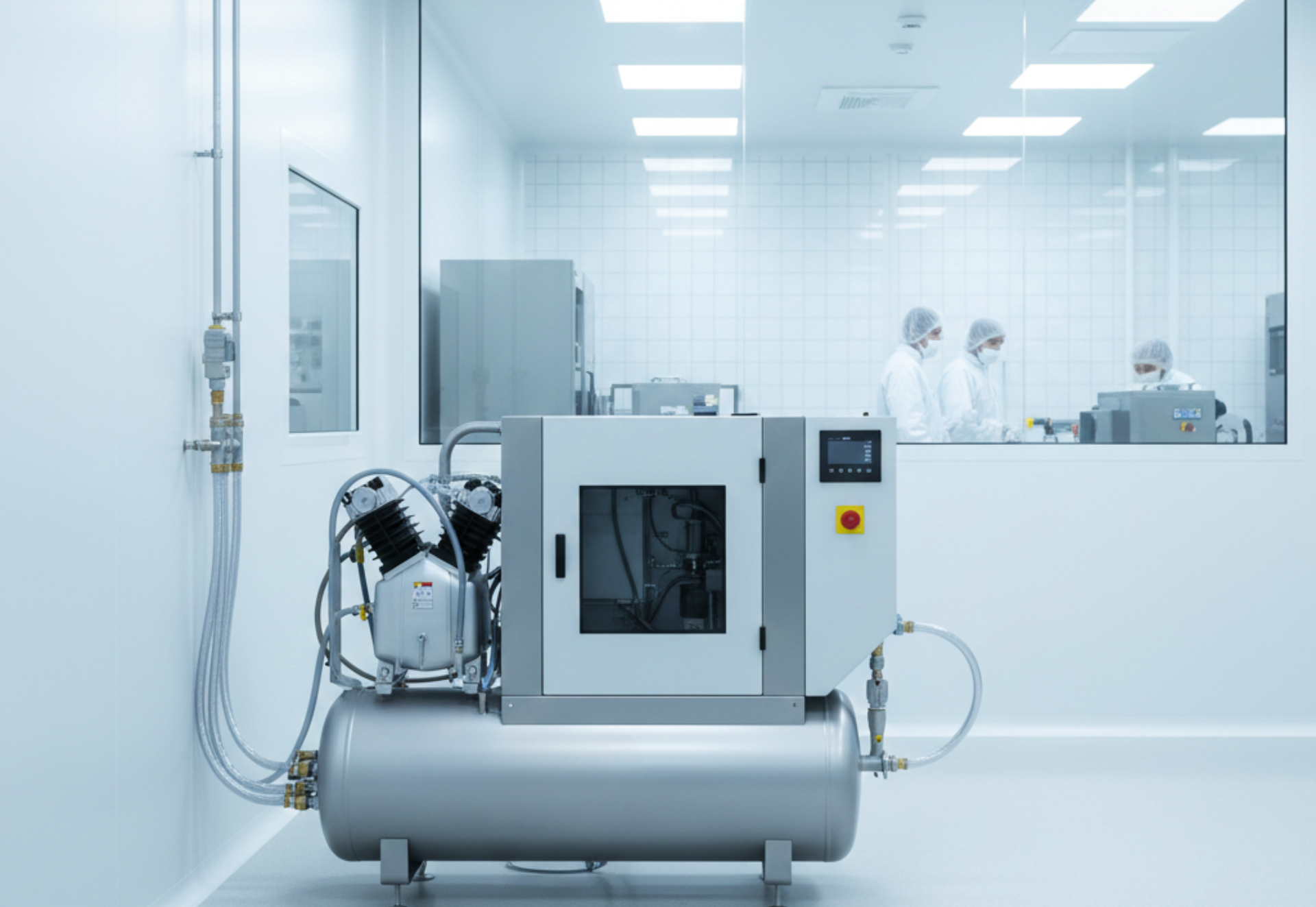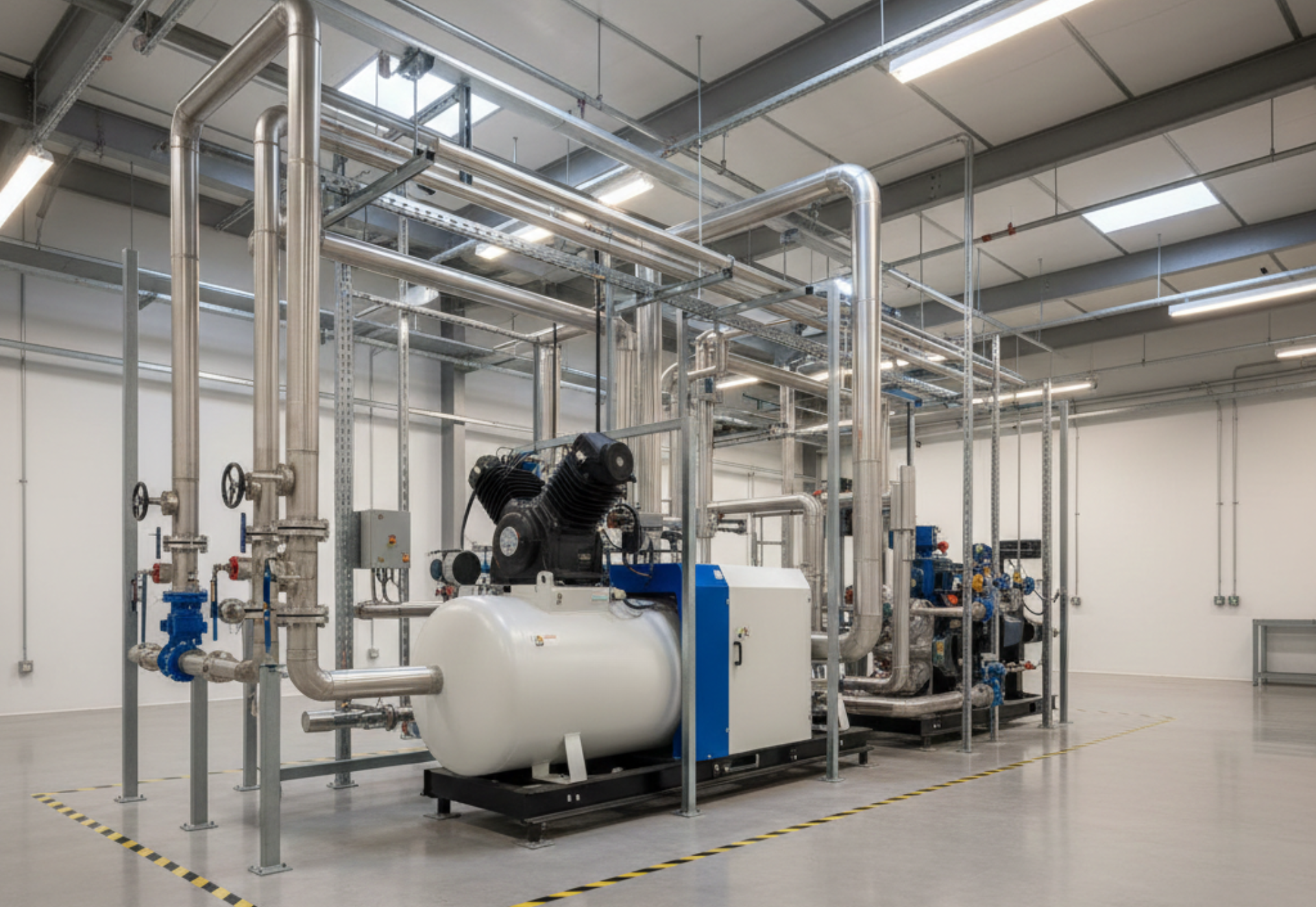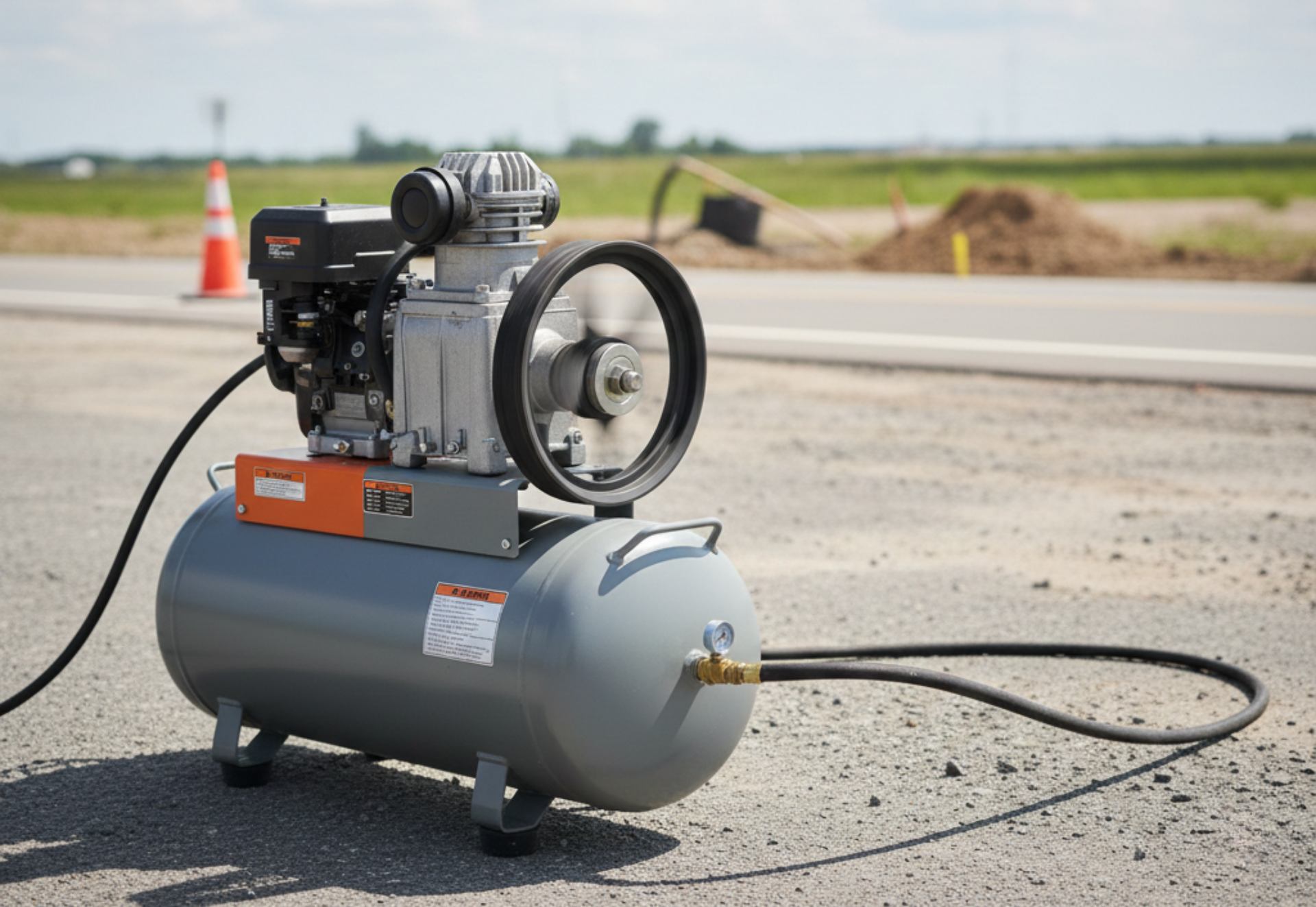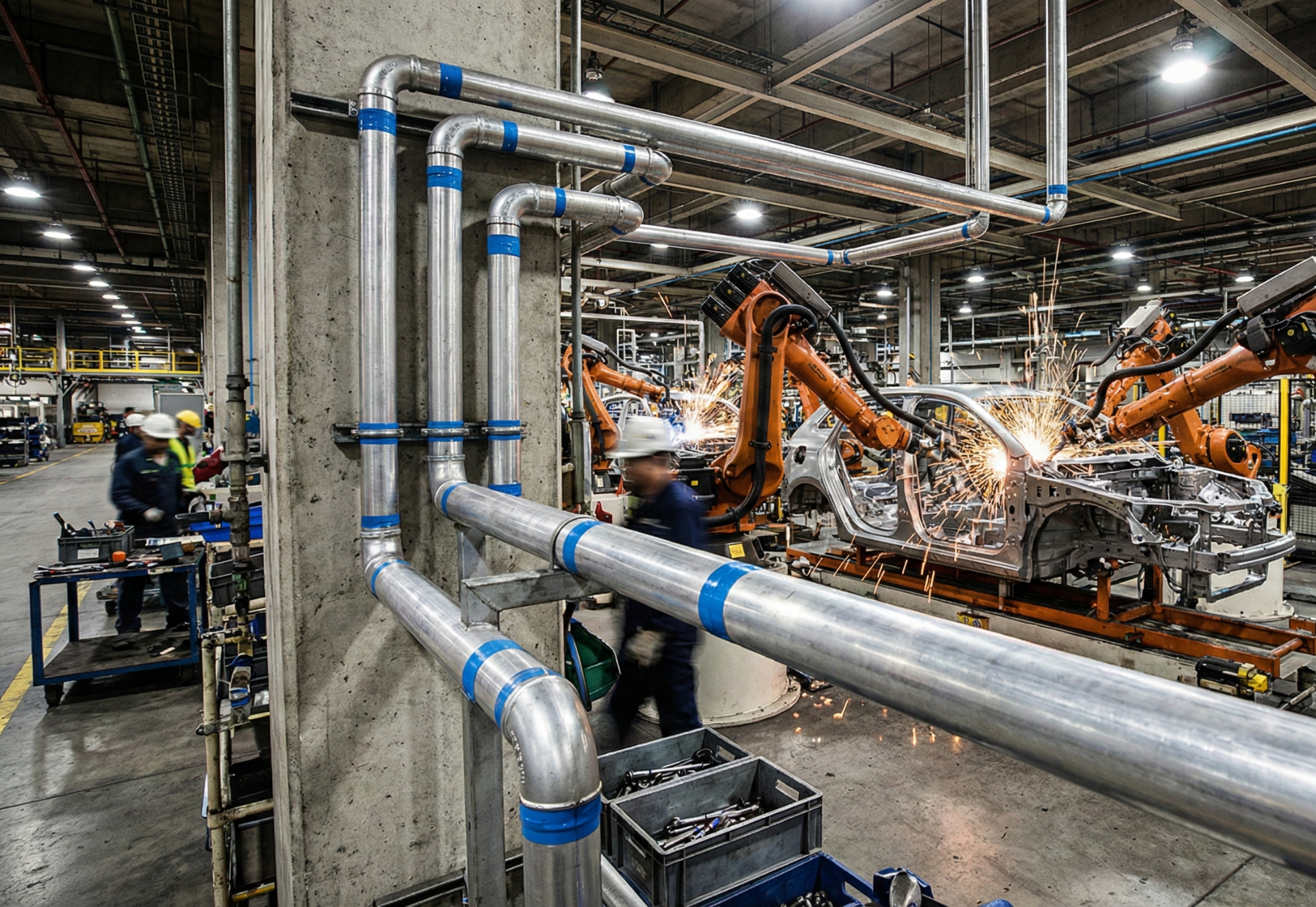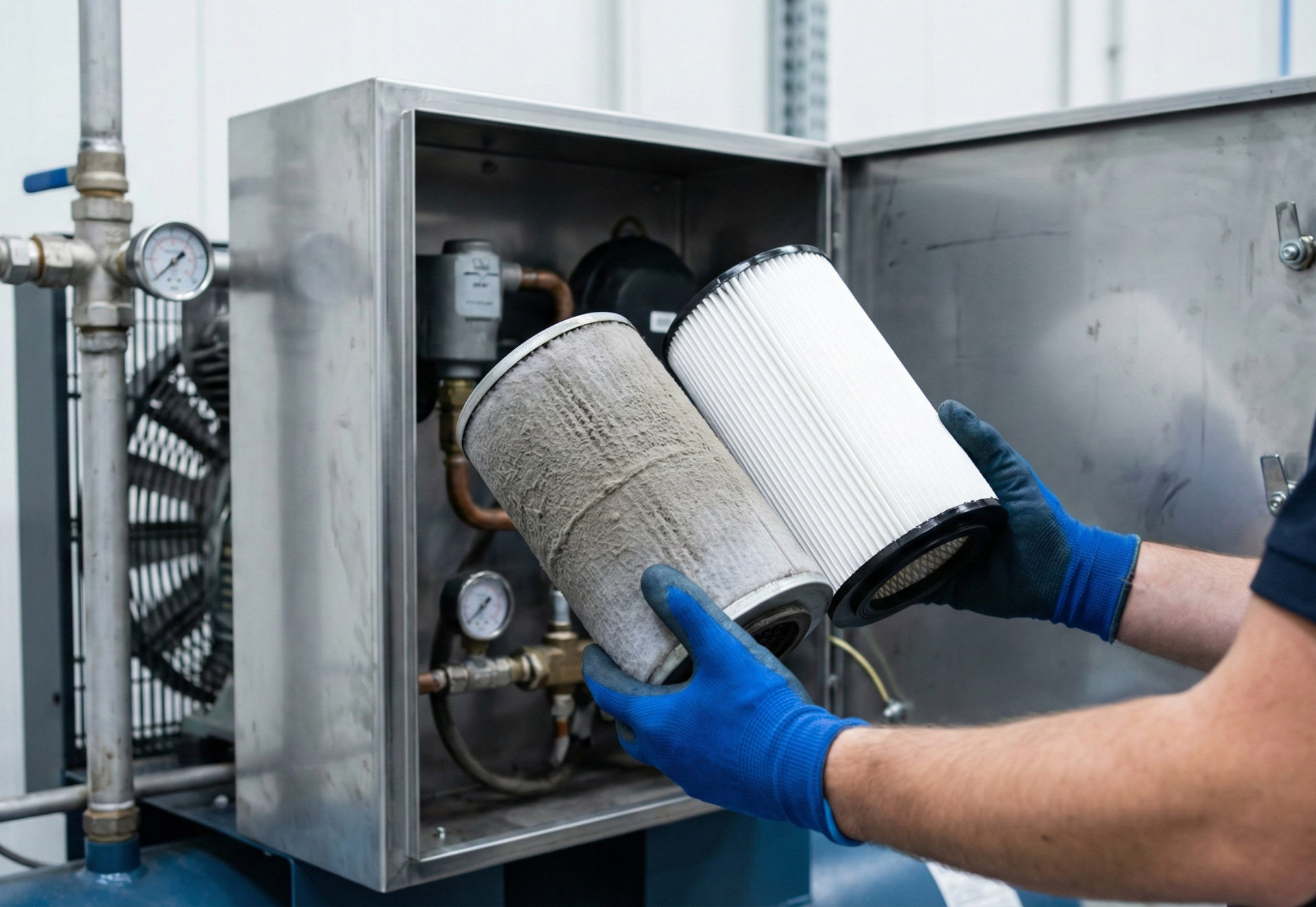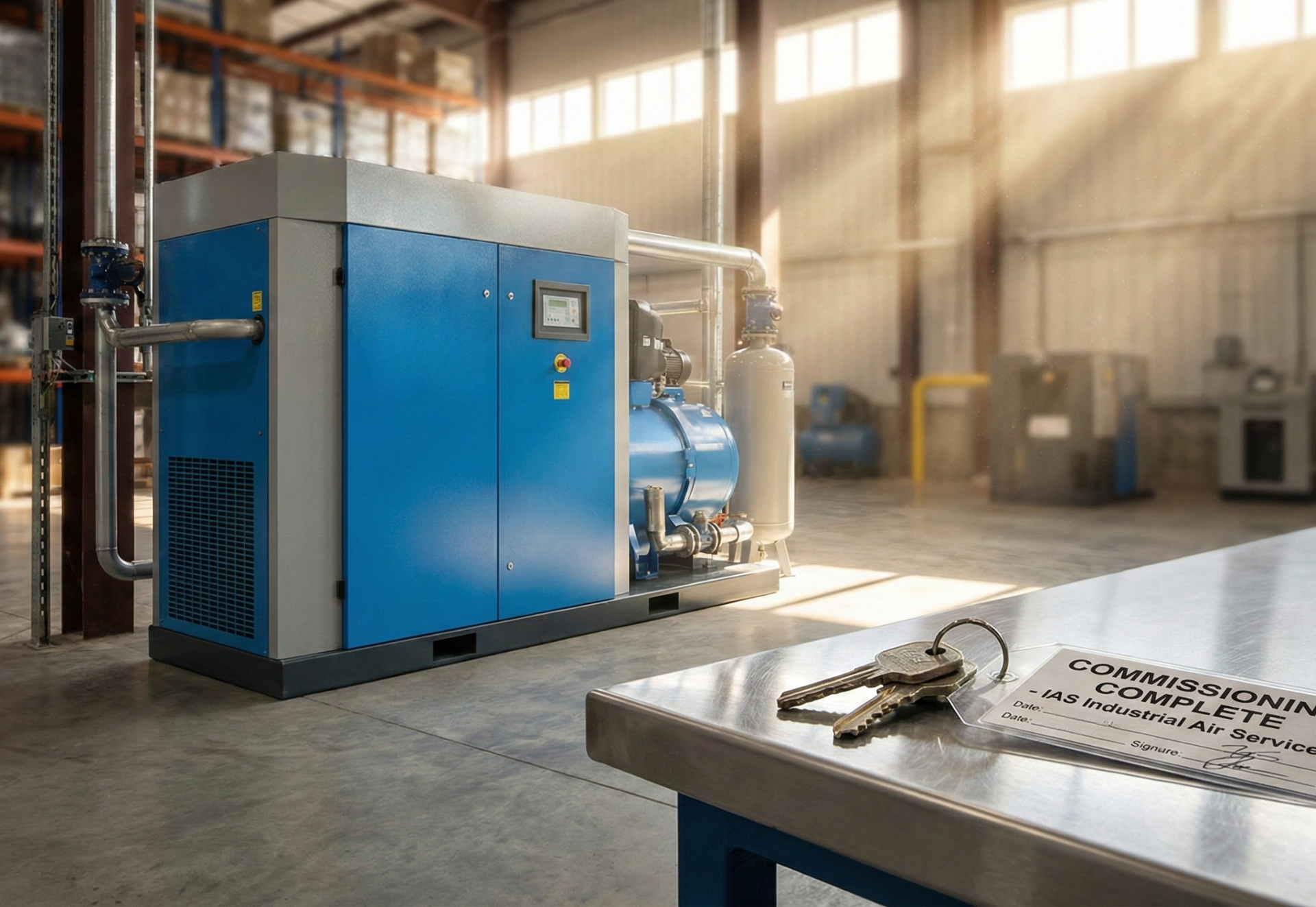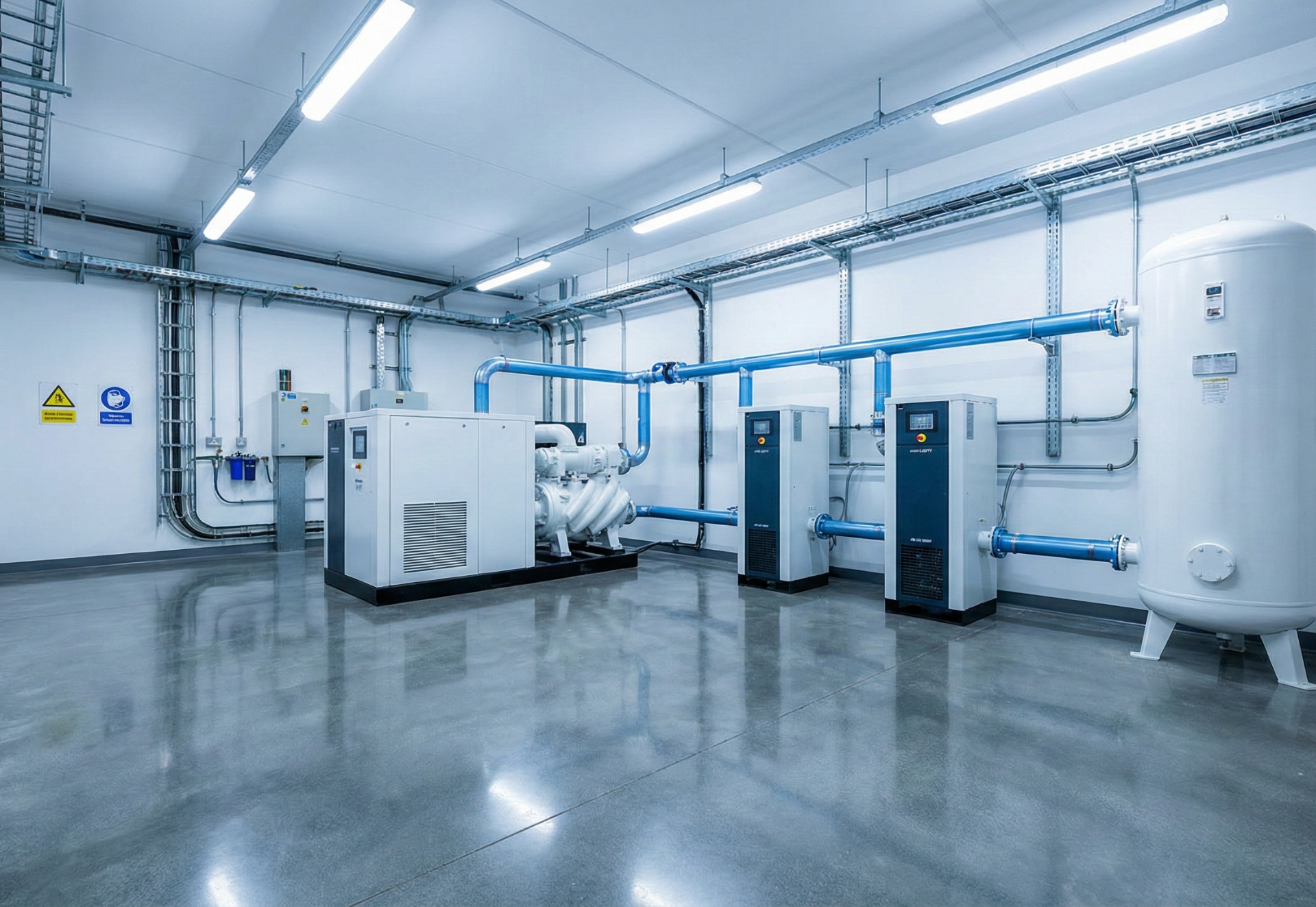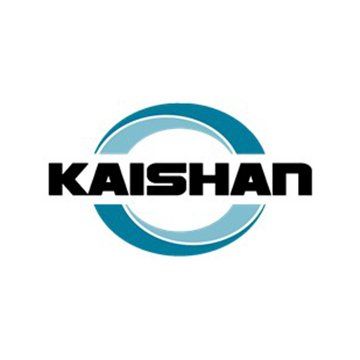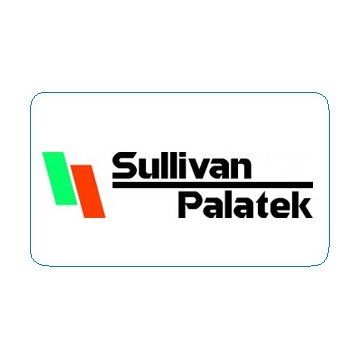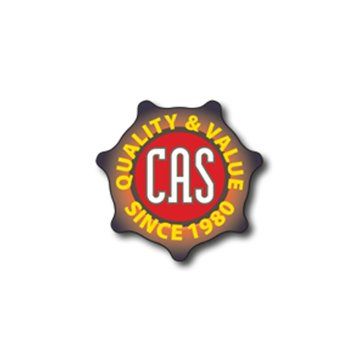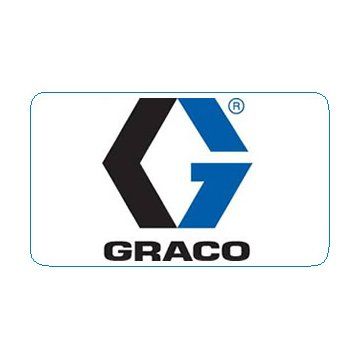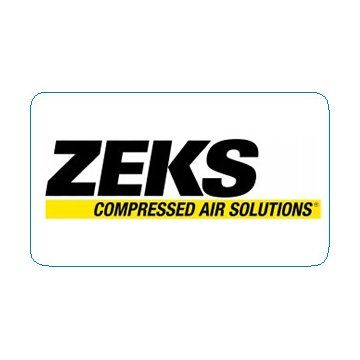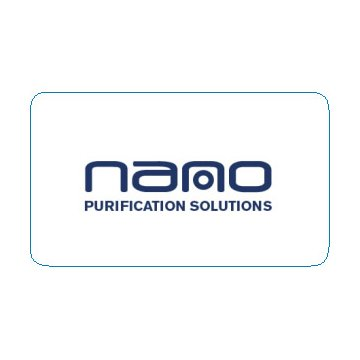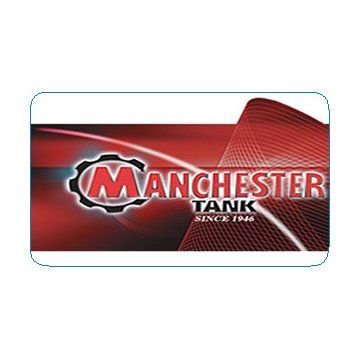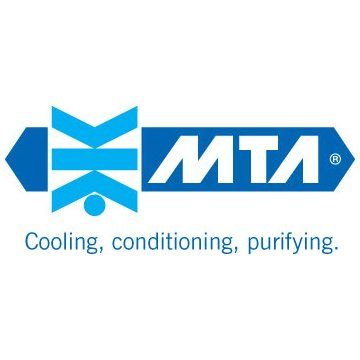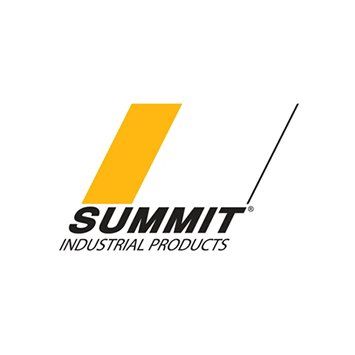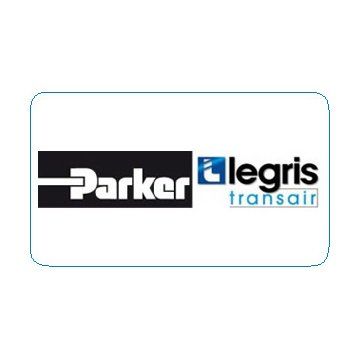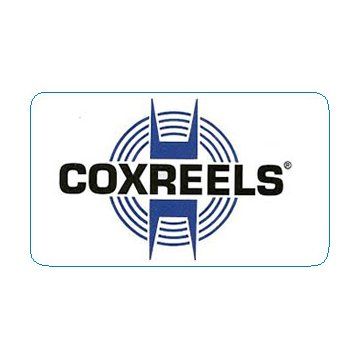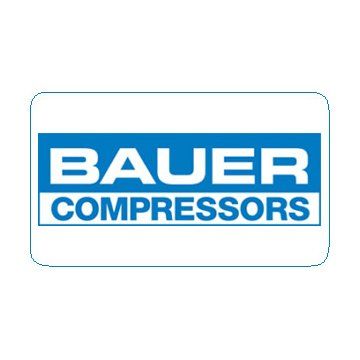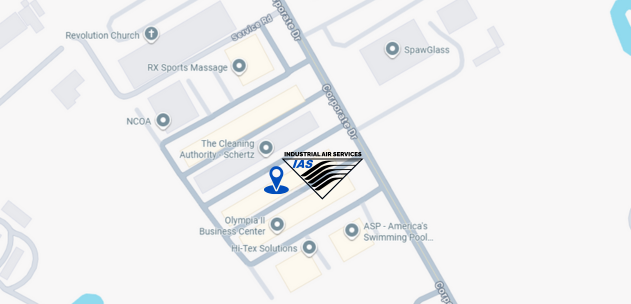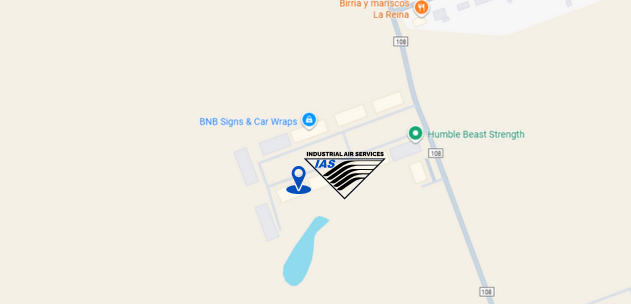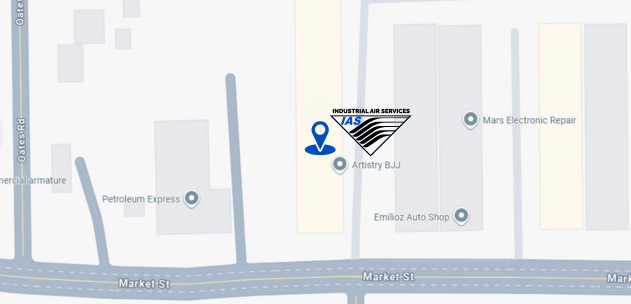Top Industrial Air Compressor Manufacturers in Houston, Texas, and What Facilities Should Look For Before Choosing One
Houston isn’t just another industrial city; it’s the beating heart of American manufacturing, petrochemical processing, energy production, and large-scale fabrication. Every day, thousands of facilities across Houston rely on industrial air compressors to keep production lines running, power pneumatic systems, support automation, and ensure safe operations.
But despite their importance, many decision-makers still treat compressors like interchangeable equipment.
They look at horsepower, CFM, or price, and assume that’s enough to choose a system that will support long-term uptime.
At Industrial Air Services IAS, after years of servicing compressed air systems across Texas, we’ve learned one truth:
In Houston’s harsh, high-demand environment, the right compressor is engineered, not simply purchased.
Heat, humidity, long duty cycles, and high dust loads push compressors harder here than in most parts of the U.S. Choosing the wrong manufacturer or failing to engineer the system properly leads to:
- overheating
- premature bearing failure
- moisture flooding
- oil contamination
- capacity loss
- skyrocketing energy consumption
- and catastrophic downtime
This blog breaks down what Houston facilities should look for when choosing an industrial air compressor manufacturer, backed by engineering insights, research, and real field experience.
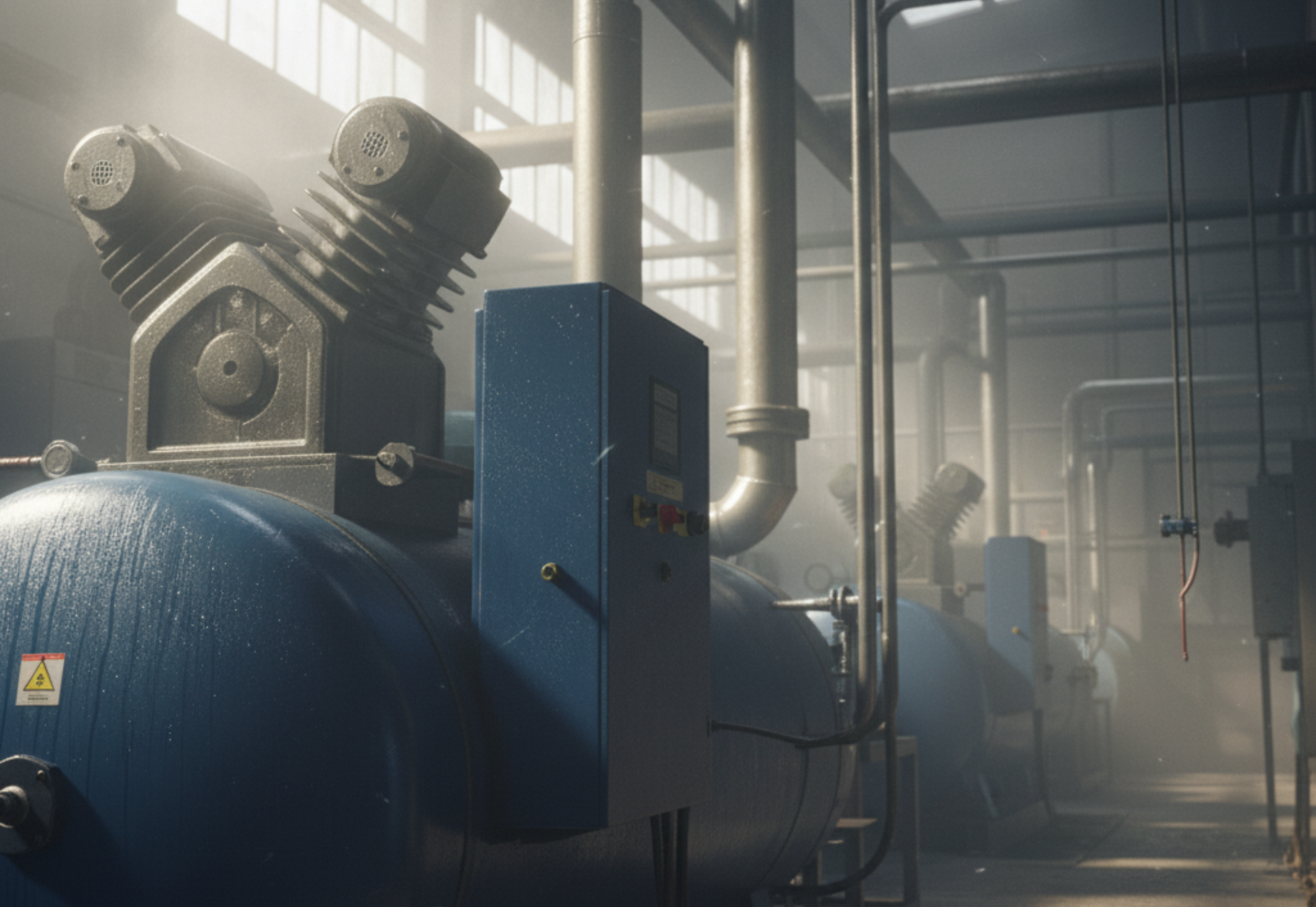
Houston’s Industrial Environment: Why Compressor Selection Is Different Here
Houston operates in a high-stress ecosystem for compressed air systems:
1. Extreme Heat
Industrial compressors already generate a tremendous amount of internal heat. Combine that with Houston’s 95–105°F summers, and systems with insufficient cooling quickly overheat.
External studies show that compressor failure rates increase sharply once ambient temperatures exceed 85°F (According to a study highlighted by Energy.gov).
2. High Humidity
High humidity levels dramatically increase water vapour load. This means:
- larger air dryers
- stronger filters
- corrosion-resistant internal materials
According to Engineering Toolbox, compressed air at 100°F can hold up to twice the moisture of air at 70°F, a major concern in Houston’s climate.
3. Heavy Duty Cycles
Houston’s energy and manufacturing sectors operate:
- 24/7
- continuous shift cycles
- high-demand pneumatic tools
- intensive automation loads
A compressor rated for “standard duty” simply won’t survive.
4. Sensitive Industrial Applications
Petrochemical, food, medical, and high-precision manufacturing all demand stable, clean, reliable compressed air. Any inconsistency becomes a production risk.
Different Types of Industrial Air Compressors and Their Fit for Houston Facilities
Not all compressors are built the same, and not all are suitable for Houston’s operational demands. IAS regularly helps facilities determine the correct configuration based on load, environment, and moisture profile.
1. Rotary Screw Air Compressors (Most Common in Houston Facilities)
Best for: Continuous operation, high-demand facilities, long duty cycles.
Rotary screw compressors deliver:
- stable CFM output
- high energy efficiency
- low maintenance
- excellent performance in hot, demanding conditions
Most Houston petrochemical and industrial plants depend on rotary screw systems because they handle heat and long runtimes far better than reciprocating compressors.
2. Reciprocating (Piston) Compressors
Best for: Intermittent applications, small shops, backup systems.
They offer high PSI output but struggle with:
- high heat
- long duty cycles
- continuous loads
In Houston’s climate, many piston compressors overheat unless paired with upgraded cooling systems.
3. Oil-Free Compressors
Best for: Food, medical, semiconductor, chemical, and clean-room applications.
ISO air quality standards require oil-free systems for contamination-sensitive industries.
According to
ISO 8573-1, even minimal oil aerosol contamination can ruin product quality and cause full batch losses (Reference: iso.org).
4. Variable Speed Drive (VSD) Compressors
Best for: Facilities with fluctuating demand and energy-efficiency requirements.
VSD compressors reduce energy waste by adjusting motor speed based on real-time load, a critical feature for Houston operations trying to control energy costs in high-heat environments.
Key Factors to Consider When Choosing an Industrial Air Compressor Manufacturer in Houston
Choosing the right manufacturer means evaluating more than specs on paper. Houston facilities must think long-term, factoring in real-world environmental and operational pressures.
1. Proven Performance in High-Heat Environments
A compressor may produce 150 CFM in a lab, but can it hold that output in a 105°F Houston warehouse?
Ask the manufacturer:
- What is the maximum ambient operating temperature?
- How does the cooling system compensate for heat?
- Is the motor insulated to Class F or H standards?
2. Build Quality & Material Durability
Houston’s mix of humidity, industrial fumes, and dust requires:
- corrosion-resistant components
- high-quality bearings
- robust cooling fans
- reinforced enclosures
Low-cost systems break fast in these environments.
3. Energy Efficiency Credentials
In Houston, energy cost is a major operational expense.
A top manufacturer must offer:
- high-efficiency motors
- VSD options
- energy recovery systems
- low-pressure-drop filtration
According to ASHRAE, air systems with poor efficiency can lose up to 30% of total power through leaks and misconfiguration.
4. Maintenance Accessibility
Every compressor will need:
- oil changes
- filter replacements
- belt adjustments
- coolant checks
If the manufacturer’s design makes service difficult, your downtime increases and your workforce pays the price.
5. Availability of Parts and Local Support
Houston facilities cannot afford multi-week delays for:
- valves
- seals
- coolers
- filters
- circuit boards
- dryers
The best compressor manufacturers not only build machines, but they also support them.
6. Engineering Support and System Design
Compressors fail not because the machine is bad, but because:
- The system was sized incorrectly
- The environment was not considered
- The dryer or filtration was mismatched
- The airflow requirements were underestimated
IAS engineers ensure correct CFM, PSI, cooling, filtration, and dew point control before a system ever goes live.
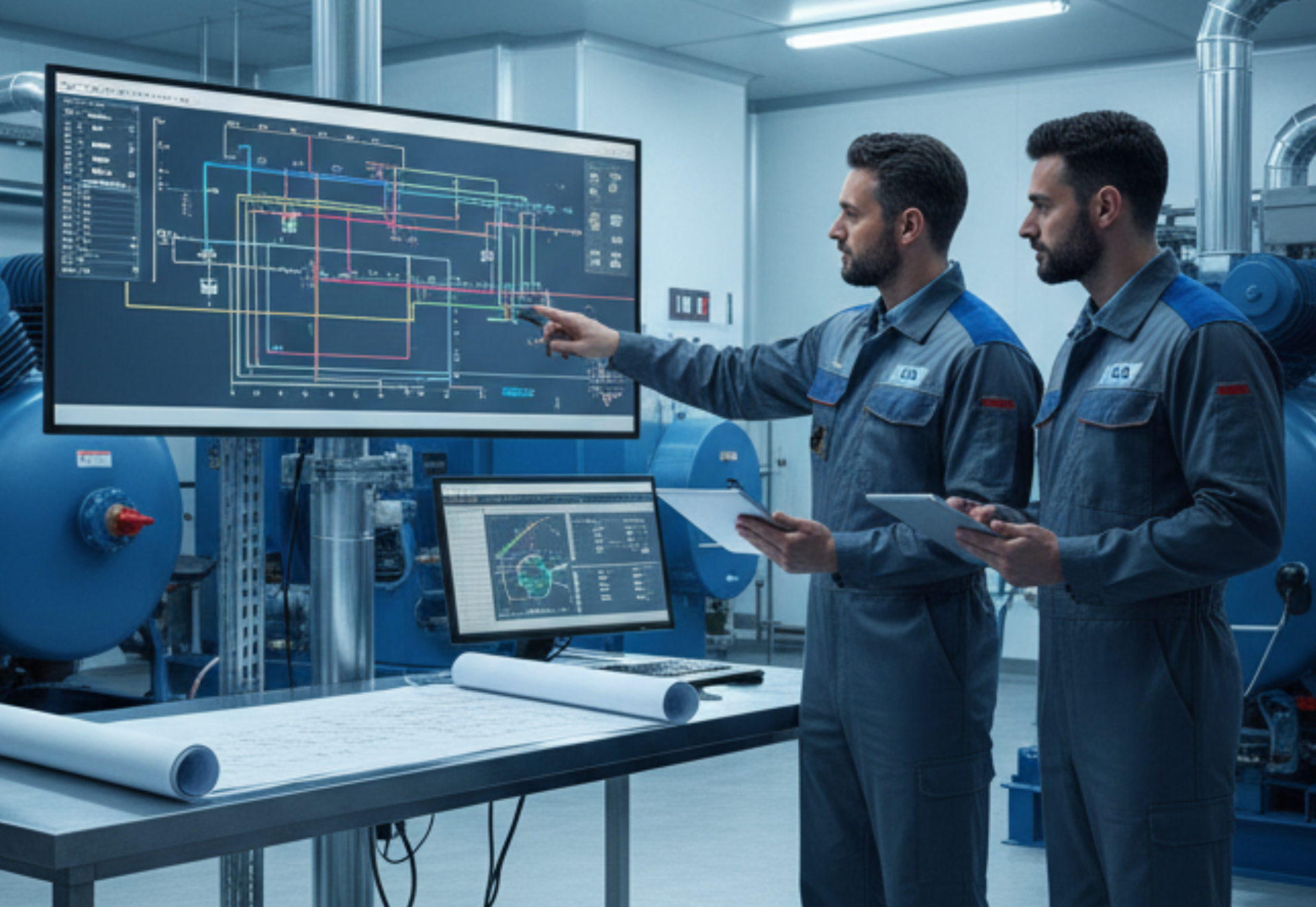
Common Mistakes Houston Facilities Make When Buying Air Compressors
Choosing based on horsepower
HP doesn’t indicate performance; CFM, cooling, and duty cycle do.
Underestimating moisture load
Houston’s humidity doubles the burden on dryers and filters.
Buying a compressor without an energy profile
Many facilities overspend on electricity by up to 40%.
Using residential or commercial-grade compressors in industrial settings
They simply aren’t built for Houston’s environment.
Ignoring heat load
Texas heat is non-negotiable; compressors must be designed for it.
Why Working With IAS Matters When Selecting a Compressor Manufacturer
Industrial air isn’t an off-the-shelf item; it’s an engineered system.
IAS supports Houston facilities with:
- Full compressed air audits
- Heat load and humidity evaluations
- Correct compressor sizing
- Dew point analysis
- Piping and airflow design
- Energy-efficiency planning
- Preventive maintenance
- Emergency service
- Parts and repair support
We don’t just deliver a compressor, we deliver uptime.
When a Houston Plant Chose the Wrong Compressor
A fabrication shop in East Houston installed a low-cost 20 HP rotary screw compressor purchased online. On paper, the specs seemed perfect.
But within six months:
- The motor overheated constantly
- Moisture destroyed the downstream filters
- pneumatic tools slowed to a crawl
- and the compressor tripped on high-temperature alarms weekly
The problem wasn’t the facility; it was the wrong compressor type, the wrong cooling design, and no dryer support.
IAS replaced it with a properly sized rotary screw system, paired with a Zeks dryer and upgraded cooling.
Result?
92% reduction in downtime and over $18,000 saved in maintenance within the first year.
That’s the power of engineering-based system design.
The Right Compressor Manufacturer Isn’t Just About Equipment, It’s About Engineering for Houston Conditions
Houston facilities operate in one of the most demanding industrial climates in the country.
Your compressor must handle:
- high heat
- high humidity
- long duty cycles
- heavy CFM demands
- sensitive air quality requirements
Choosing the right manufacturer with engineered support ensures:
- reliable uptime
- stable pressure
- energy efficiency
- moisture control
- longer equipment life
And that’s where Industrial Air Services delivers unmatched value.
Upgrade Your Air Compressor System in Houston?
IndustrialAir Services (IAS)
provides engineered air compressor solutions designed specifically for Houston’s industrial conditions.
From system design to installation to lifecycle support, we help you achieve stable, efficient, long-lasting compressed air performance.
Contact IAS today to schedule a compressor assessment and connect, share, and repost our tips and content on our Instagram @ias.tx and LinkedIn
FAQs
1. Who is the largest manufacturer of air compressors?
Globally, companies like Atlas Copco, Ingersoll Rand, and Kaeser rank among the largest industrial air compressor manufacturers. They produce a wide range of rotary screw, oil-free, and high-performance compressed air systems used across petrochemical plants, manufacturing facilities, and energy sectors.
But even when choosing from the biggest manufacturers, what matters most is correct system design, sizing, and installation, especially in Houston’s demanding heat and humidity.
That’s where
Industrial Air Services (IAS) provides the real advantage.
We engineer, install, and service industrial compressor systems tailored specifically to Texas environments, ensuring:
- correct CFM and PSI
- proper cooling
- energy-efficient setup
- moisture control
- long-term reliability
2. What is the most common industrial air compressor?
The rotary screw air compressor is the most common compressor used in industrial environments. It’s preferred because it:
- handles long duty cycles
- delivers consistent airflow
- performs well in hot climates
- offers higher efficiency than piston compressors
- supports continuous production lines
Rotary screw compressors dominate Houston’s industrial market because they’re far better suited for large facilities, harsh heat, and 24/7 workloads.
Industrial Air Services (IAS) provides complete rotary screw compressor engineering, installation, and lifecycle services to ensure uptime and performance for Texas operations.
3. Which compressor is best for industrial use?
The best compressor depends on the facility’s environment, load profile, air quality needs, and duty cycle. However, for most industrial applications, especially in Houston, the ideal choice is typically:
- Rotary Screw Compressors for continuous, high-demand production
- Oil-Free Compressors for food, medical, and high-purity applications
- Variable Speed Drive (VSD) Compressors for energy savings and fluctuating air demand
IAS performs full compressed air audits to determine the best industrial compressor for your exact application, ensuring correct sizing, proper cooling, moisture control, and maximum uptime.
Whether you need rotary screw, VSD, oil-free, or engineered multi-system configurations, Industrial Air Services (IAS) is your trusted provider in Texas.
Let’s engineer a system built to survive and thrive in Houston.
